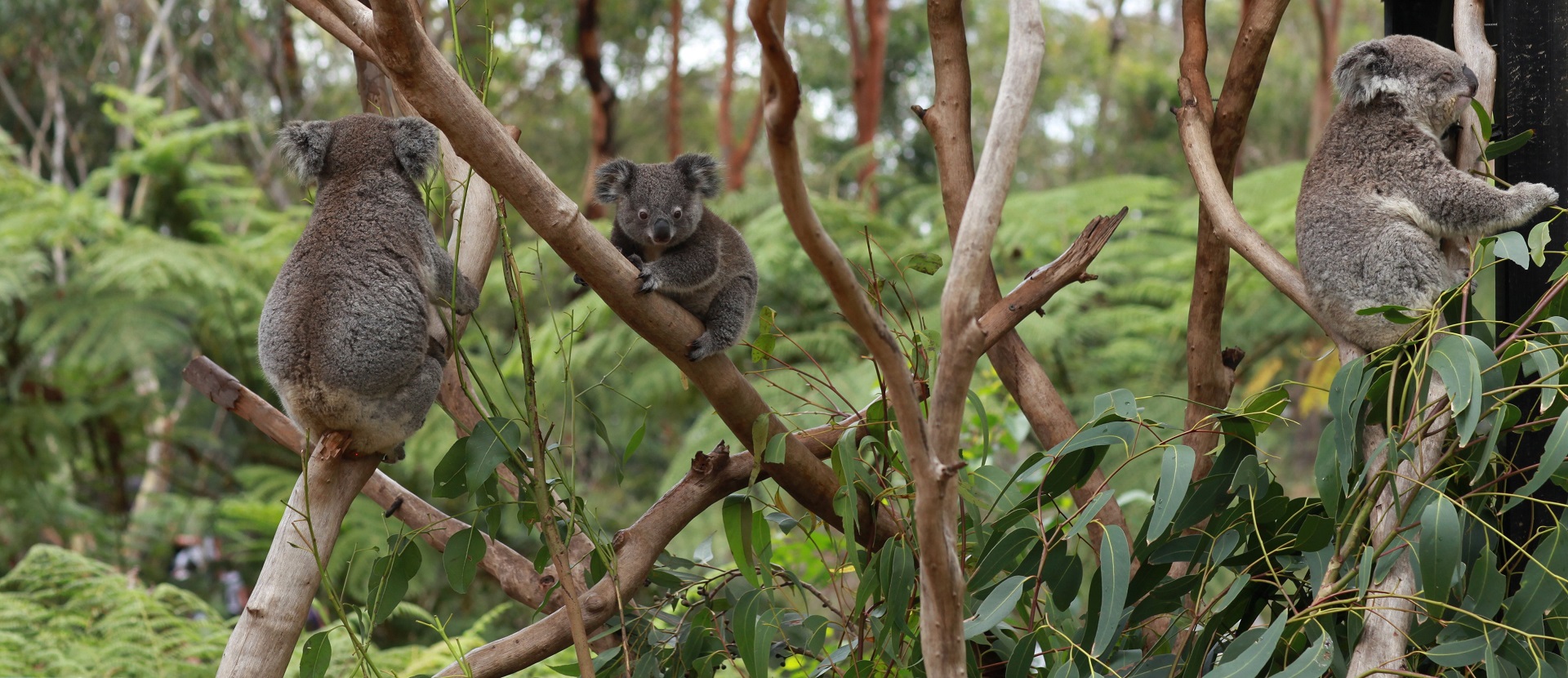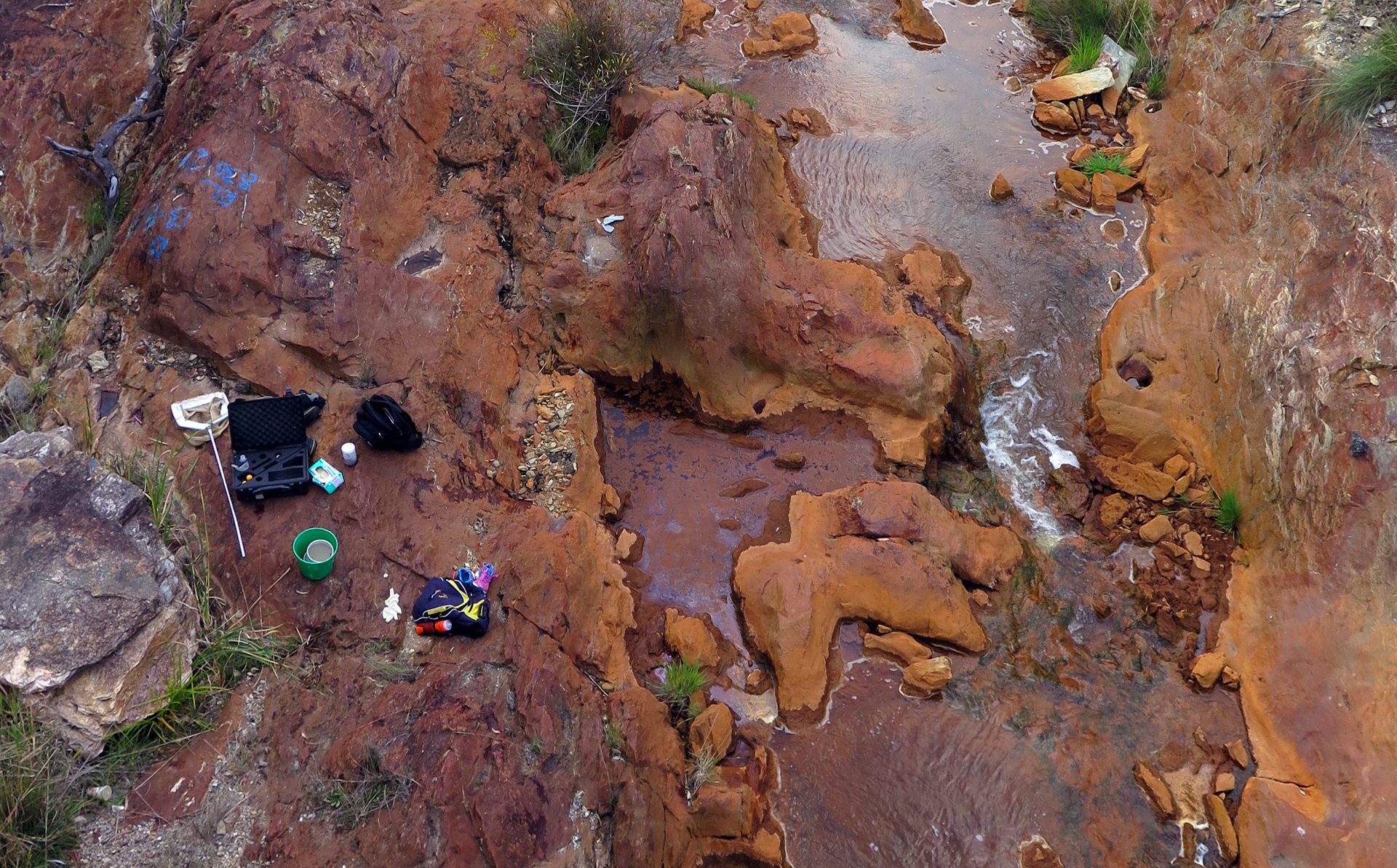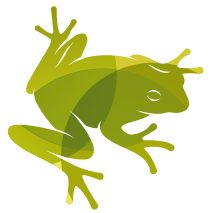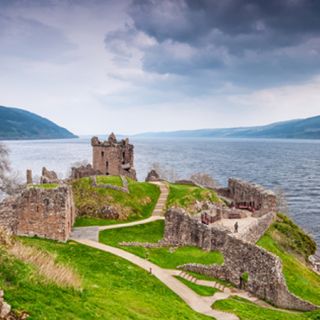
Cracking the koala's genetic code
IAE researchers help in world first sequencing of the koala genome
Read more about this slide
World Class Ecology Research
We pride ourselves on the interdisciplinary nature of our work, and span a broad range of expertise.
Read more about this slide
AUSRIVAS Course enrolling now
Become an accredited AUSRIVAS assessor with this online and face-to-face workshop
Read more about this slide Institute for Applied Ecology
Institute for Applied Ecology
The Institute for Applied Ecology undertakes world class research to improve our understanding of the environment, and enhance decision-making for natural resource management and sustainable development.
The Institute operates within two specialised centres: the Centre for Conservation Ecology and Genetics, and the Centre for Applied Water Science.
Centre for Conservation Ecology and Genomics Centre for Applied Water Science
Upcoming Events
UCX Op Shop
The UCX Op Shop provides students with the opportunity to purchase affordable clothing, homeware, small furniture, study materials and more.
It also gives students and the UC Community the opportunity... Event details UCX Op Shop
Bulletin Board

-

Using DNA to unlock the legend of the Loch Ness Monster
Read moreAn international team of scientists are heading to Scotland in June to test the murky waters of the legendary Loch Ness. They will ...
- Previous
- Next
[X] Close story
News
-

$5 million ARC funding goes to creation of Training Centre in Plant Biosecurity to safeguard national interests
More on $5 million ARC funding goes to creation of Training Centre in Plant Biosecurity to safeguard national interestsThe Training Centre will see University of Canberra researchers collaborate with The Australian National University, James Cook University and industry and government partners, to transform biosecurity sector and boost capabilities to safeguard national interests.
-

Two UC PhD graduates awarded Stephen Parker Medal for outstanding theses
More on Two UC PhD graduates awarded Stephen Parker Medal for outstanding thesesThis year, the Stephen Parker Medal has been awarded to Dr Kate Thomson and Dr Sarah Whiteley, both from the University of Canberra’s Faculty of Science and Technology.
-

UC to host National eDNA Reference Centre on campus
More on UC to host National eDNA Reference Centre on campusThe University of Canberra will establish a National eDNA Reference Centre on campus and provide a number of supporting services to the Australian Government’s National Environment DNA (eDNA) Testing Program in a new partnership agreement.
-

Interdisciplinary team investigates new fossil site to better understand past climate changes
More on Interdisciplinary team investigates new fossil site to better understand past climate changesScientists from the University of Canberra and the Australian Museum have received a rare glimpse into yesteryear, after investigating a new fossil site in central New South Wales.
-

UC researchers support open letter to remove feral horses in Kosciuszko
More on UC researchers support open letter to remove feral horses in KosciuszkoResearchers from the University of Canberra have joined scientists across Australia in the call to prevent further ecological damage in Kosciuszko National Park and other parks.
